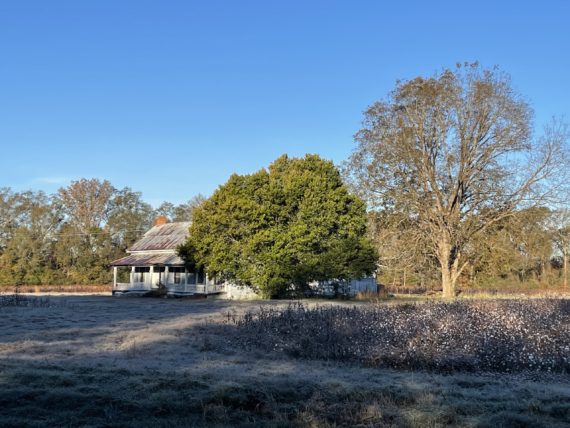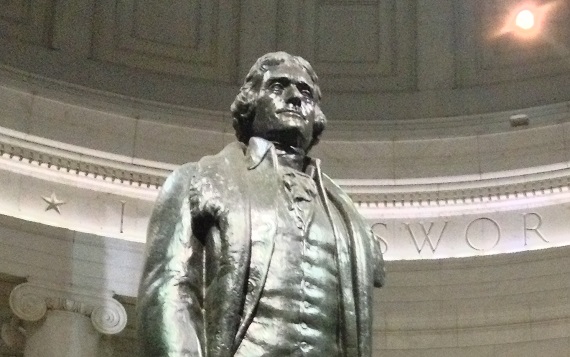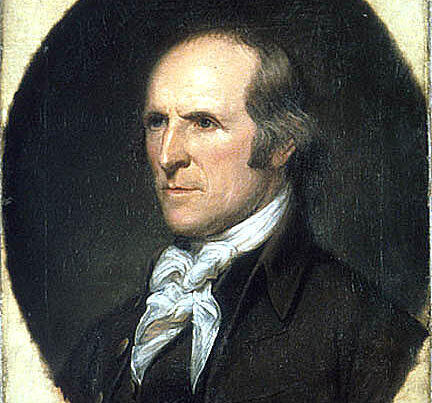
Christmas can be both a wonderful and awful time of the year for many of us. The holiday has become one associated with worries over holiday debt, sadness from loss, concerns over gatherings, and add into that the calamities of the last few years: the pandemic, politics around the dinner table, and now, worries over the supply chain. Contrary to the limited horizon of many in this modern age, the holiday is not simply a chance to get out of classes, engage in gluttony, and play video games.
We must remember the joys and losses of our shared family and cultural histories, and part of that is sharing the memories of Christmases past. The following was written to me by my much beloved great aunt, Mrs. Mary Paul [Pittman] Smyrl, 1899-2006. She was one of many who sparked my interest in our family history, and I have taken up that task gladly. The following is a letter that she wrote to me in the 1980s after I asked her about her memories of Christmas in northwest Alabama. Let this be a reminder that we share with one another the bonds of heritage, family, and tradition and it is up to each of us to shoulder the burden to preserve the bonds which our ancestors gifted to us.
“Our family consisted of my father and mother and five children. I was the oldest of the give, and this account is of a typical Christmas Day before the fifth child, our precious little David [David Ballew Pittman, 1913-1989], was born.
“Few families were as prosperous as they are now, and what most children received in the way of gifts in those days would be viewed with scorn by almost any child now. But my brothers and sisters and I were so happy and excited every Christmas that my mother had to be very firm in persuading us to leave our ‘treasures’ and come to the table for meals.
“At school we sang Christmas song, and at home our mother sang them. We children would sing snatches of them as we helped our mother or played. That went on for at least two weeks before The Day, but it didn’t begin right after, or even before, Thanksgiving, as it does these days. We enjoyed and rejoiced every day.
“We would talk and talk all that time about what we wanted Santa Claus to bring us, and would tell our Father [Paul Jones Pittman, 1854-1935] and Mother {Mary Josephine Young Pittman, 1876-1956]. Our requests were all very modest, because we knew that Papa couldn’t afford to pay Santa for things like watches and tricycles.
“One Christmas stands out in my memory more plainly than any other. It was after we three older children had been convinced by some of our more sophisticated neighbor children that our parents were Santa Claus. It was a very painful disillusionment for us—for me more than the others, I think.
“We began, months before the time, to save a little out of every little bit of money we were given or earned in order to buy a few small extras for each other. The things were given ‘our Santa’ to put with what she already had for us.
“On the Christmas Eve before this special Day which I remember so vividly, we were checking over in our minds to see if we had done all we could do to be ready for the next morning. You see we three older ones, my sister, my brother, and I, pretended very convincingly that we believed in Santa Claus, too. So, as usual, we had rounded up four of Mama’s Clean Stockings (we all wore long black stockings in those days), and with help from Papa had hung them on the mantel over the fireplace.
“We had been to town that day, probably more than once, but in the late afternoon we were checking over what little Anne [my grandmother, Anne Pittman Pace, 1911-1972] was going to find the next morning. Olive [Olive Elizabeth Pittman, 1903-1979] and Henry [Henry Pleasant Pittman, 1906-1969] kept saying how they wished they could have got for her a certain little toy, but they didn’t have enough money. They said it cost twenty-five cents. I said, ‘Well, I have eleven cents, do you have any money at all?’ Henry said he had eight cents, and Olive had six altogether, twenty-five!
“Of course the thee of us were highly elated, and even though the day was drawing to a close, Olive and Henry started to town. The toy was still there, they brought it and walked home in the cold, after dark.”
“Mama had supper ready, we ate, then went to bed earlier than usual, but were too excited to go to sleep early—which, I’m sure, has been the case with countless children for centuries on Christmas Eve night.
“Christmas morning we were up very early, earlier than any other morning in the year. A good fire was going in the grate, and we saw our own big stuffed stockings and dollars and toys on the floor underneath. Little Anne’s eyes were really shining when she saw the Special Toy.
It was a tiny doll bed with a tiny doll in it—and how that little girl loved it!
“I don’t remember anything that any of us were ‘brought’ that year except that little toy. I’m sure Olive and I each had a nice doll. Mama always managed that—even though Olive didn’t care for dolls. She was a little “tomboy,” and would have much preferred a wagon. We were always—all of us—happy with what we found under our stockings, but I think what we found in them made us even happier. Each stocking was bulging with oranges, apples, clusters of big raisins, hard candy, nuts and small fire crackers and boxes of sparklers. The oranges and raisins, especially were rare treats, and the nuts, also. We seldom had any except at Christmas. In order not to get our goodies mixed up, we usually found a box or something in which to put our own.
“After we emptied our stockings, we would get dressed, eat breakfast, and go out to play with our things, see what our friends had, and shoot off our fireworks.
“I cannot remember a Christmas that did not follow this pattern, and they were all happy Christmases!”






This branch of the family is little-known to me, although I believe Paul Jones was the son of one of the brothers who made it into SC before splitting up in the early 1800’s. (My branch made it to Central Alabama before settling down) A wonderful story that encompasses a far better time. Thank you for sharing.
I wrote a story about/for a friend, a yankee, who went to my school a few years ahead of me. This few years conferred upon him great power over me…think slavery. The following is an excerpt:
“One brief window in time, an upset Gladdy (his nickname) came into my room. Unannounced, just like the day before Emancipation he barged, and was in a funk over something that has been forgotten. His hand was swollen to the size of an orange…you know, the kind that won’t fit into your stocking at Christmas if you were so fortunate in the river country to ever have had an orange slipped into your stocking by a distant uncle who had no children and was trying to do something to make Christmas the way he had heard it was for those who hadn’t lost a War.”
That was “their” life, I was two generations late to the party. Fifty years later, I was born and I LISTENED. We always had oranges in our stockings because “they” rarely had oranges…and when “they” had oranges, it was a Christmas to remember.
Eleven more days of Christmas remaining for men of good will. Plenty of time to buy oranges…
Your comment reminds me of my recently-deceased mother. She grew up on a farm in rural Missouri during the Depression. I always heard her talk about the family not having much money, but they always got oranges for Christmas, and nuts too. Christmas was always a blessed time. Have a happy Christmas season!
Lovely memories! Thank you Ms. Williams.